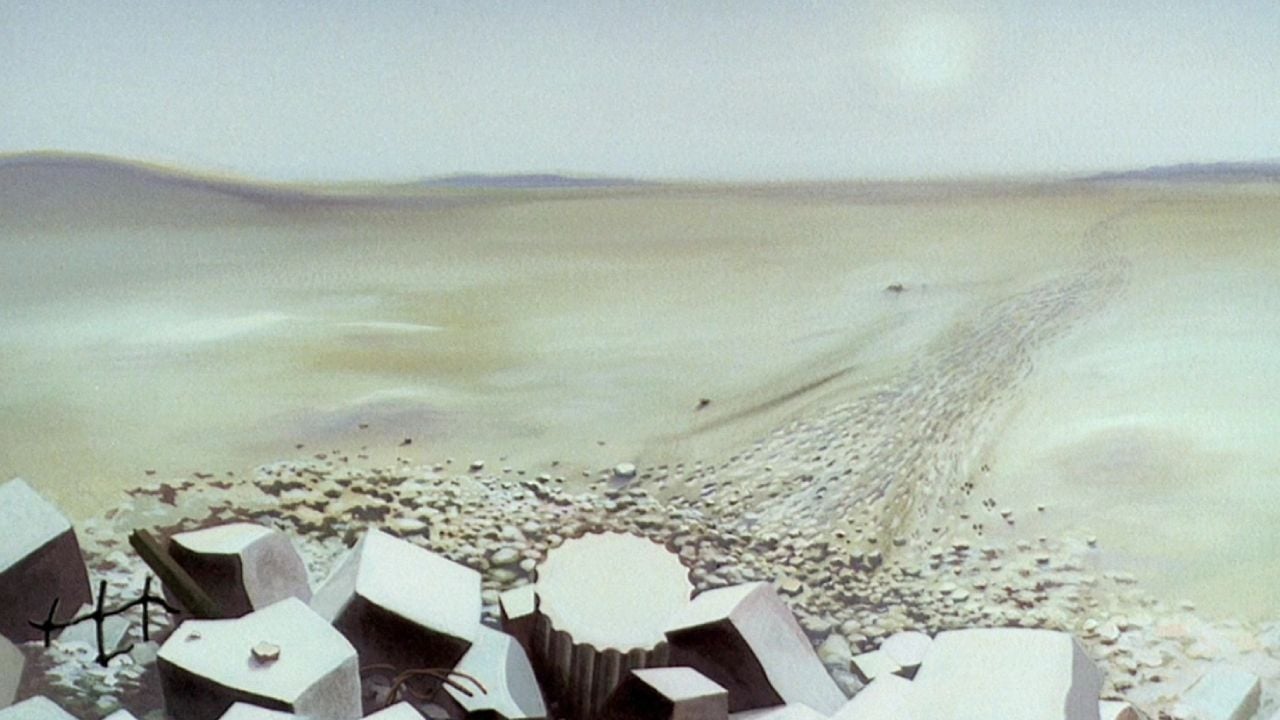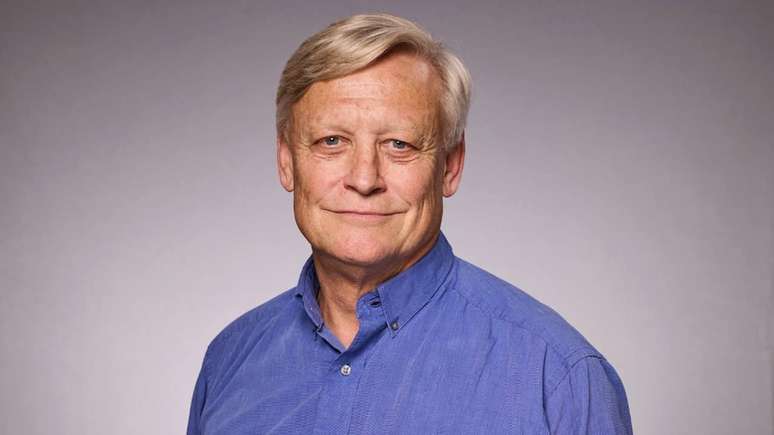The federal deputy and national president of the PT, Gleisi Hoffmann, was in Cuba on Thursday 28th, where she signed a cooperation and exchange agreement with the Cuban Communist Party (PC). The treaty is similar to the one signed in September last year with the Chinese Communist Party. According to the party, the agreement aims to strengthen ties between the two organizations and intensify the exchange of experiences.
Gleisi’s visit to the Caribbean island came in the same week that President Luiz Inácio Lula da Silva criticized a left-wing authoritarian government for the first time this term. Last Thursday Lula openly criticized the president of Venezuela, Nicolás Maduro, of whom he is a historic ally, due to his government’s veto on the candidacy of María Corina Machado, who won the primaries organized by the opposition. The PT member said it was “serious that the candidate could not be registered, because she was not banned by the courts.”
Gleisi’s visit to the Caribbean country also included a meeting with President Miguel Diáz-Canel. Federal MP Lindbergh Farias (PT-RJ) also attended the meeting. The PT president wrote on social media that she expressed to the Cuban leader her interest in discussing “what else Brazil can do to help Cuba, amid the suffering blockade.”
According to the parliamentarian, Diáz-Canel underlined “the excellent ties between the two political organizations and the importance of deepening them”. According to Gleisi, the Cuban president and first secretary of the Communist Party would still have thanked Lula’s support for Cubans through partnerships to fight the North American embargo.
Cuba is currently facing one of the worst economic crises in its history. The situation on the island has worsened to the point that experts have drawn parallels with the so-called special period, when the Cuban economy went through a severe recession caused by the dissolution of its main economic and political partner, the Soviet Union.
Two weeks ago, hundreds of Cubans took to the streets in Santiago, a city in the east of the country 800 kilometers from the capital, Havana, to protest against electricity blackouts and lack of food. The Cuban government blamed the United States for the island’s economic situation and summoned a representative of the American embassy for consultations on the 18th of this month.
Lula was in Cuba in September last year to participate in the G-77+China summit, which brings together developing countries. At the time, the Brazilian president classified the United States’ blockade of the country as “illegal.”
“Cuba has been a defender of fairer global governance. And to this day it is the victim of an illegal economic embargo. Brazil is against any unilateral coercive measures. We reject the inclusion of Cuba in the list of states sponsoring terrorism” , Lula said. .
In November last year, the Lula government took a stand against the North American embargo by voting in the United Nations (UN) General Assembly. Cubans have faced sanctions from their neighbor since the first year of the Socialist Revolution for, among other reasons, expropriating North American companies without compensation.
Source: Terra
Rose James is a Gossipify movie and series reviewer known for her in-depth analysis and unique perspective on the latest releases. With a background in film studies, she provides engaging and informative reviews, and keeps readers up to date with industry trends and emerging talents.







